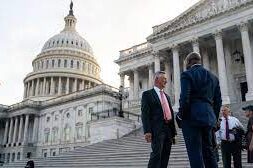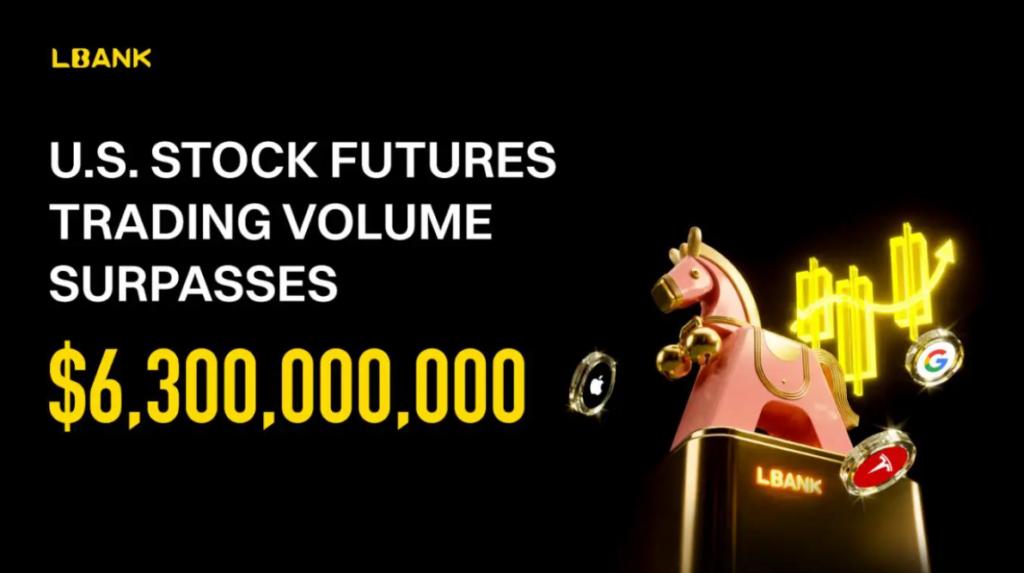Bitcoin is often touted as a safe and secure way to store your money, but what happens if the government decides to confiscate your bitcoins?
In theory, bitcoin is very difficult for governments to seize. The blockchain is a decentralized ledger that is not controlled by any single entity, so it would be very difficult for governments to shut down or seize the entire network.
However, governments can still confiscate bitcoins if they can identify the owners of the wallets containing the bitcoins. This can be done through a variety of methods, such as tracking down IP addresses or financial transactions.
In the United States, the government has the power to seize bitcoins under a variety of laws, including the Civil Asset Forfeiture Act (CFAA) and the Money Laundering Control Act (MLCA).
The CFAA allows the government to seize property that it believes has been used in connection with a crime, while the MLCA allows the government to seize property that it believes is involved in money laundering.
In recent years, there have been a number of cases where the US government has seized bitcoins. In one case, the government seized $3.6 million worth of bitcoins from a man who was accused of using the bitcoins to purchase drugs. In another case, the government seized $1 million worth of bitcoins from a man who was accused of operating a Ponzi scheme.
On the other side of the world, Romanian prosecutors have recently confiscated 21 bitcoins worth $565,000 from Andrew Tate, a kickboxing champion and internet personality, amid rape and human trafficking charges.
If you are concerned about the government confiscating your bitcoins, there are a few things you can do to protect yourself.
First, you should store your bitcoins in a cold wallet, which is a hardware wallet that is not connected to the internet. This will make it more difficult for the government to track down your bitcoins.
Second, you should use a pseudonymous or anonymous Bitcoin exchange when you buy or sell bitcoins. This will make it more difficult for the government to identify you as the owner of the bitcoins.



